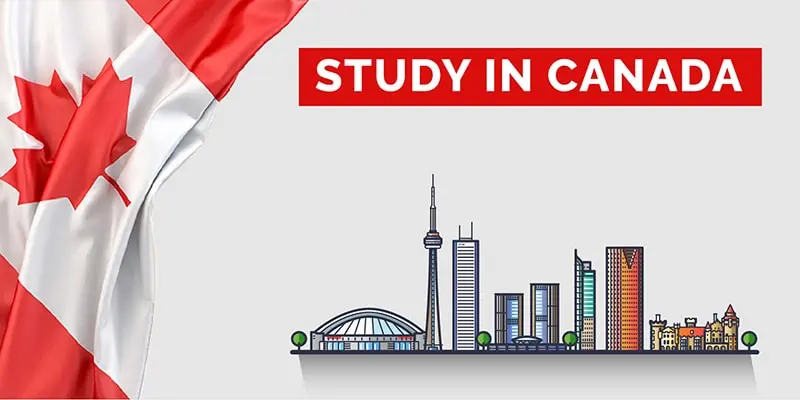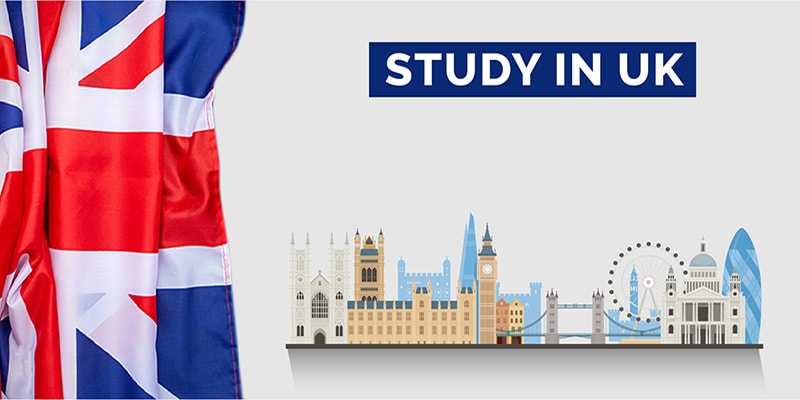Navigating Changes in Canadian Study Permits: 5 Things International Students Need to Know in 2024
Introduction:
As of 2024, the Canadian government has implemented significant changes to the international student permit application process, aiming to stabilize growth and maintain fairness across provinces. In this article, we’ll explore the latest updates, including intake caps, attestation letters, and alterations to post-graduation work permits, to help international students applying to study in Canada understand the evolving landscape.
1. Intake Cap Overview:
The Canadian government has introduced a two-year intake cap on international student permit applications, effective from 2024. The projected outcome is approximately 360,000 approved study permits, marking a 35% decrease from the previous year. Provinces with unsustainable growth will experience more significant reductions, with individual caps established and weighted by population.
2. Exemptions from the Cap:
Master’s and doctoral degree seekers and those pursuing elementary and secondary education are exempt from the intake cap. This exemption ensures that individuals aiming for higher education and specialized programs are not affected by the overall reduction.
3. Attestation Letter Requirement:
To implement the intake cap, starting January 22, 2024, every study permit application submitted to the Immigration, Refugees, and Citizenship Canada (IRCC) must include an attestation letter from the respective province or territory. This step is crucial for ensuring fairness and transparency in the application process.
4. Changes to Post-Graduation Work Permits:
Beginning September 1, 2024, international students enrolled in study programs covered by curriculum licensing arrangements will no longer be eligible for a post-graduation work permit upon graduation. However, graduates of master’s and other short graduate-level programs will now have the opportunity to apply for a 3-year work permit.
5. Spousal Work Permits:
Open work permits will now be exclusively available to spouses of international students enrolled in master’s and doctoral programs. Unfortunately, spouses of students in other levels of study, including undergraduate and college programs, will no longer be eligible for this benefit.
In conclusion,
navigating the evolving landscape of Canadian study permits is crucial for international students.
As an education consulting organization based in Nigeria, Platinum International Education Limited is committed to providing the latest information and support to ensure a smooth application process for those aspiring to study abroad, get a scholarship to study abroad, and those wondering how to get their visas to study in the UK, USA, Canada, Australia, and Dubai. Stay informed, stay prepared, and let us guide you through these changes for a successful educational journey abroad.

